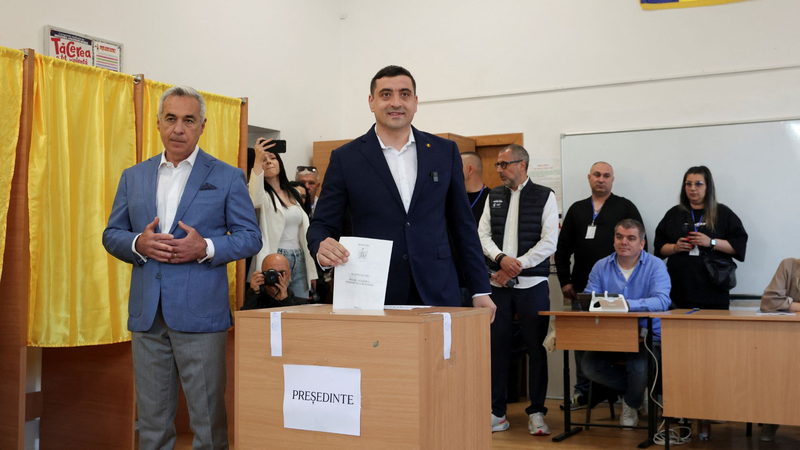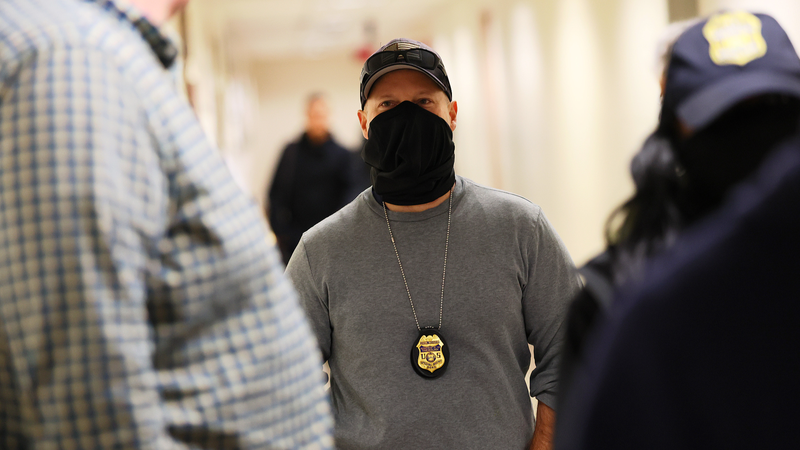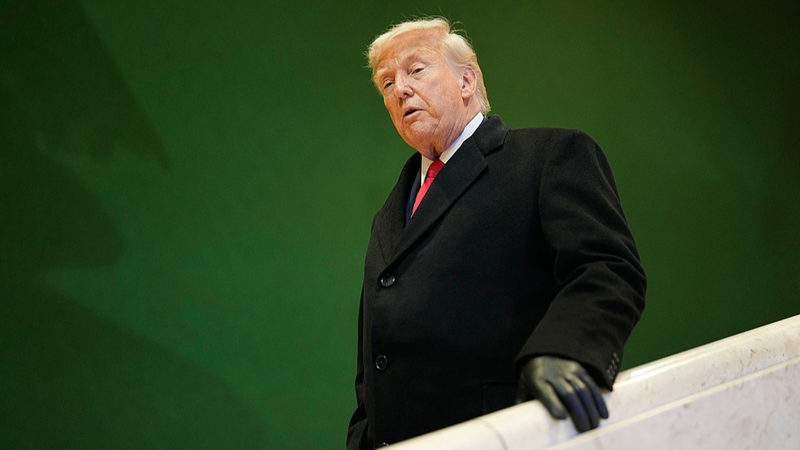In a dramatic political shake-up, Romanian Prime Minister Marcel Ciolacu resigned on Monday following a stunning win by far-right opposition leader George Simion in the first round of a re-run presidential election. Simion, a staunch euroskeptic, secured an impressive 41% of the votes, while coalition candidate Crin Antonescu trailed behind.
Ciolacu announced that his center‐left Social Democrats will withdraw from Romania's pro-Western coalition, effectively ending it. However, cabinet ministers will continue serving in an interim capacity until a new majority emerges after the presidential run-off on May 18.
The election comes on the heels of a canceled presidential attempt five months ago amid allegations of interference favoring a banned far-right frontrunner—a claim that has been denied. With far-right rhetoric gaining ground and calls to "restore democracy," political realignments are now underway.
Analysts warn that a Simion victory could isolate Romania, erode private investment, and destabilize NATO's eastern flank—all critical factors given Romania's large budget deficit and strategic role in regional security. The evolving scenario has sparked intense debates about the future direction of Romania’s political and economic path, leaving many to wonder how this transformation will impact the nation.
This unfolding drama highlights both the resilience and uncertainty of Romania's political landscape. As the decisive election on May 18 approaches, the world watches with bated breath to see what this power shift means for the country’s future. 🤔📊
Reference(s):
Romania PM resigns after far-right wins first round of president vote
cgtn.com




